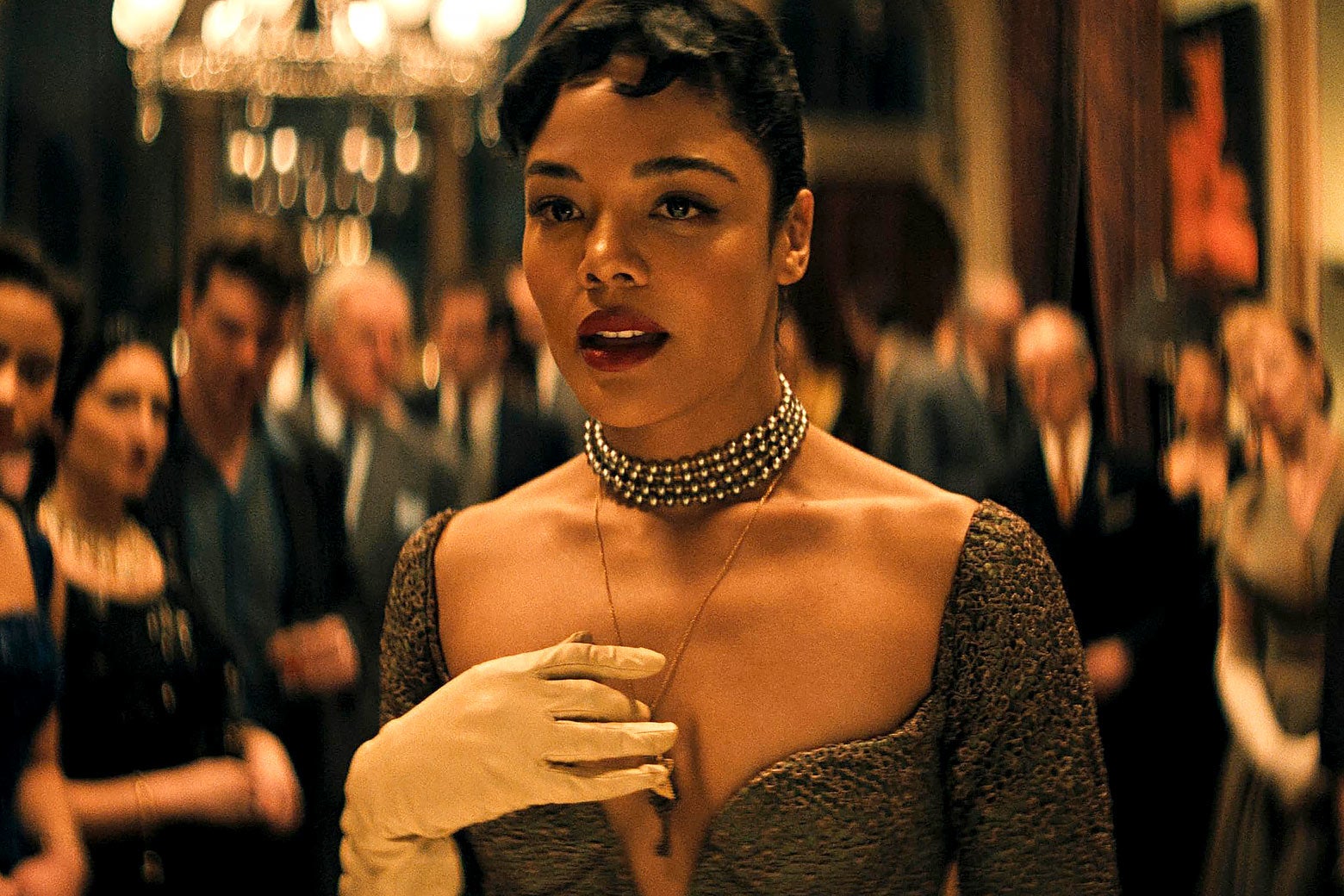
"In Nia DaCosta's new film version of the famed Henrik Ibsen play Hedda Gabler, the titular character constantly toys with the key hanging around her neck, which unlocks a case of pistols she inherited from her father. This seemingly foreshadows the well-known ending to the 1891 play, in which Hedda takes her own life. But the Candyman director's unique spin on the story of one of literature's most famous,"
"Ibsen's play follows Hedda Tesman, née Gabler, who has just returned home from her honeymoon with the young, ambitious academic George Tesman. It becomes clear, however, that Hedda doesn't love George. Their complex dynamic-Hedda's maddening dissatisfaction with her life; George's constant, yet failing attempts to win her over-is further complicated by the arrival of Ejlert Løvborg, George's professional rival vying for the same university professorship and a recovering alcoholic."
The film Hedda retells Henrik Ibsen's Hedda Gabler while substantially altering key plot elements and, most notably, the play's canonical suicide ending. A multitude of changes reshape the tale of a woman stricken with severe ennui, trapped in an unwanted life. The narrative centers on Hedda's dissatisfaction with her husband George Tesman and the fraught return of his rival Ejlert Løvborg, a recovering alcoholic and former lover of Hedda. Complications include Løvborg's promised manuscript, his rivalry with George, and Hedda's emotional entanglements with Løvborg and Thea Elvsted. The revised finale fundamentally changes the protagonist's trajectory and audience understanding. The film is now streaming on Prime Video after a theatrical release.
Read at Slate Magazine
Unable to calculate read time
Collection
[
|
...
]